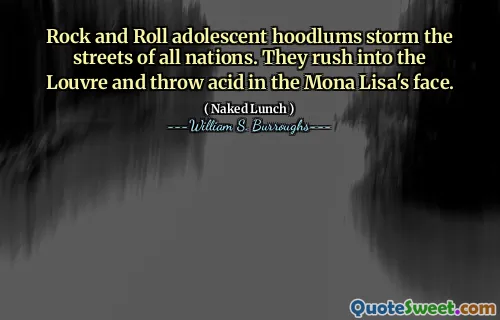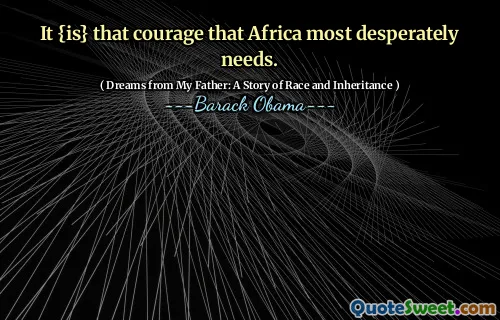
Trade and money, which go together in a stream of energy, inevitably wash away the enclosing walls of a society of status.
This quote highlights the transformative power of commerce and monetary exchange within a society. At first glance, it suggests that trade and money act as dynamic forces, akin to a flowing stream of energy, that can break down the barriers and rigid structures that uphold social hierarchies. Historically, societies often built walls—both literal and metaphorical—to maintain distinctions, control, and social order. However, the perpetual movement of trade and the circulation of wealth erode these boundaries over time, fostering greater mobility and diminishing the isolation of classes. This process encourages a more fluid social fabric, where opportunities are less confined by birthright or status and more accessible through economic activity. The metaphor of water, a natural and unstoppable force, emphasizes that these economic forces are inherent to human interaction and progress. It also implies that societal stability rooted solely in status can be fragile, especially when challenged by the relentless currents of commerce. The imagery invites reflection on how economic freedom can catalyze social change—reducing entrenched inequalities but also potentially destabilizing existing social orders. Ultimately, the quote encompasses a perspective that emphasizes the positive, transformative potential of trade and money in shaping more open, dynamic societies while acknowledging the power they have to dismantle former social barriers that restrict human development.










